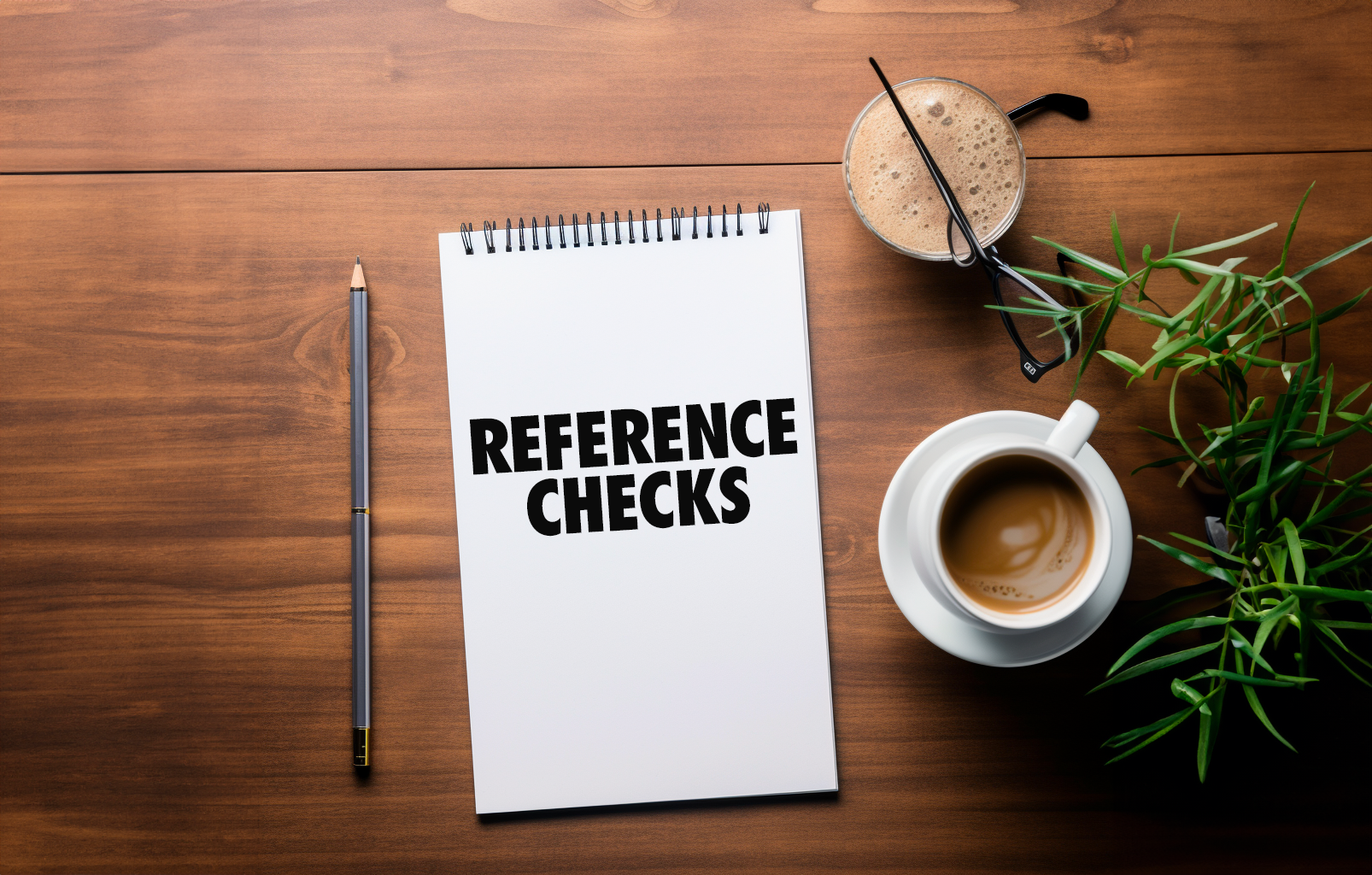Blog
Tenant Referencing, What is it?
Company|
15.12.2023

Tenant referencing is a vital tool for landlords and letting agents to collect and verify essential information about prospective tenants. This process enables us to make well-informed decisions regarding the rental of your property. By conducting thorough referencing, you can establish confidence in a tenant’s capacity to meet their financial commitments, uphold the property in good condition, and coexist harmoniously with neighbours and the community. Ultimately, this diligent practice contributes to a smoother and more secure renting experience for both parties involved.
What tenant referencing checks can be carried out?
There are several forms of referencing that exist to provide a better understanding of a prospective tenant and whether they are suitable to rent the property.
Right to Rent
Carrying out Right to Rent checks on all occupants aged 18 or over is a legal requirement. This ensures that tenants are legally permitted to rent residential properties in England. If an individual fails the Right to Rent check, it is not legally permissible to rent the property to that person. This process helps maintain compliance with legal regulations and establishes the eligibility of tenants to occupy rental properties in accordance with the law.
Credit Checks
You must first seek the prospective tenant’s permission to conduct a credit check. If permission is denied, this places the tenant at a high risk of falling into rent arrears. Therefore, you may wish to consider finding a guarantor or requesting additional rent in advance. A credit check will verify the tenant’s credit history and bring to light any County Court Judgments (CCJs), bankruptcy, or insolvency.
References
Request the details of your tenant’s previous landlord so that you can inquire about how they conducted themselves during their tenancy. This is an excellent way to ascertain whether there were any significant issues, such as rent arrears or property damage. Additionally, you may seek a reference from their employer to verify their income and contract dates. Strong references will significantly contribute to ensuring that the correct tenant has been selected.
Tenant Fees Act and charging for referencing checks
Tenants cannot be charged for any referencing checks following the introduction of the Tenant Fees Act. The legislation, which came into effect in England in 2019, categorizes reference checks as a Prohibited Payment.
Returning the Holding Deposit
If you decide not to rent to a prospective tenant based on their references, a holding deposit (if one was taken) must be returned to the tenant within seven days of your decision. You may only retain the holding deposit if the tenant:
• Failed the Right to Rent check
• Intentionally provided false or misleading information
If you take this course of action, you must write to the tenant within seven days and explain why you are keeping the holding deposit. You may also retain the holding deposit if they change their mind about renting the property but must still write to them. Failure to do so will result in the holding deposit being returned regardless of failed checks.
Using a guarantor
If the tenant returns a poor reference, you could utilize a guarantor instead. A guarantor is someone who will take responsibility for the tenant’s obligations if the tenant is unable to fulfil them, including the payment of rent. This is particularly common with student tenants.
Be sure to perform financial checks on the guarantor too; an employer reference and a credit check will help ensure that they will be a viable guarantor. You will need to highlight the guarantor’s responsibilities through a deed of guarantee or within the tenancy agreement.
When is it illegal to refuse a tenancy?
It is the landlord’s decision whether to accept a tenant, and referencing serves as a means to make an informed decision. However, you cannot refuse a tenancy if your reasons could be classed as discrimination. The following characteristics would be considered unlawful discrimination:
• Age of the tenant
• Gender or sexuality
• Marital status
• Pregnancy or a woman with children
• Religious beliefs
• Race/ethnicity
• A disability or health issue
Universal Credit and Housing Benefits
You can only refuse a tenant on Universal Credit if your buy-to-let mortgage prohibits you from renting it out to tenants on housing support.
Written by Name of Author








